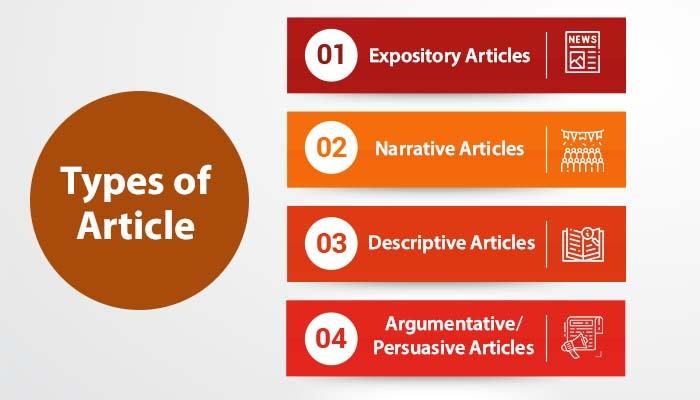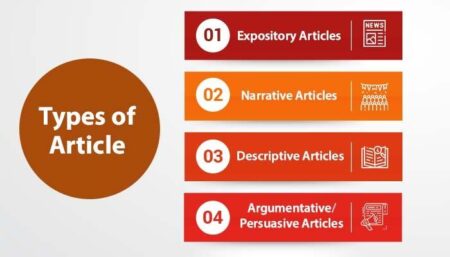Morocco’s AI Revolution: Empowering SMEs and Transforming Workforce Integration
Morocco is embarking on a transformative journey by leveraging artificial intelligence (AI) to invigorate its economic framework, particularly focusing on small and medium-sized enterprises (SMEs) and workforce integration. As the country aims to establish itself as a frontrunner in Africa’s burgeoning tech economy, both governmental bodies and private sector innovators are joining forces to deploy cutting-edge AI technologies. These initiatives are designed to streamline recruitment processes, enhance employee skill development, and improve operational efficiency across businesses. This comprehensive strategy not only bridges the divide between employers and job seekers but also empowers entrepreneurs, fostering a more dynamic and competitive economic environment.
Harnessing AI for Enhanced Workforce Solutions in Moroccan SMEs
In an effort to modernize SME operations, Morocco has introduced sophisticated AI-powered platforms tailored specifically for workforce management. These tools utilize machine learning algorithms and data analytics to provide actionable insights that help businesses optimize their human capital resources effectively. Key features of these platforms include:
- Personalized Recruitment Systems: Advanced algorithms match candidate qualifications with job requirements swiftly, reducing hiring time.
- Skill Gap Analysis & Training Recommendations: Employers can identify areas where employees need upskilling and access targeted training programs.
- Real-Time Performance Analytics: Continuous monitoring of employee productivity enables timely feedback and performance improvements.
The Moroccan government supports this technological shift through various initiatives such as providing financial incentives for SMEs adopting AI solutions, organizing educational workshops focused on digital skills enhancement, and implementing regulatory frameworks that balance innovation with data privacy protections.
The Digital Transformation of Morocco’s SME Sector Through Intelligent Technologies
The integration of artificial intelligence into Morocco’s SME ecosystem marks a significant leap toward operational excellence. By automating routine tasks like inventory management or customer service inquiries using AI-driven automation tools, companies reduce manual workload while boosting efficiency. Additionally, big data analytics empower business owners with deeper understanding of market dynamics—enabling smarter decisions based on consumer behavior patterns or emerging trends.
- Automation Enhancements: Streamlining repetitive processes frees up human resources for strategic activities.
- Insightful Data Utilization: Leveraging large datasets helps predict market shifts accurately.
- Tactical Talent Acquisition: Smart recruitment systems improve matching quality between candidates’ skills and company needs.
| KPI | Status Before AI Adoption | Status After AI Adoption (2024) |
|---|---|---|
| Total Productivity Increase (%) | 15% | 38% |
| Savings in Operational Costs (%) | 10% | 28% |
This evidence underscores the substantial impact that embracing intelligent technologies has had on Moroccan SMEs—driving higher productivity levels while simultaneously reducing costs significantly compared with pre-AI benchmarks recorded just two years ago. The rise in employee satisfaction further highlights how technology adoption contributes positively toward workplace morale by enabling more meaningful work experiences instead of mundane tasks.
Cultivating an Enabling Environment: Policy Recommendations for Accelerated AI Adoption in Morocco
A thriving ecosystem conducive to artificial intelligence innovation requires deliberate policy actions centered around education reform, capacity building, public-private collaboration, ethical governance frameworks—and financial support mechanisms tailored towards startups specializing in emerging technologies like machine learning or natural language processing applications relevant locally.
- < strong >Revamping Educational Curricula : Collaborate closely with universities & vocational schools nationwide introducing specialized courses covering core concepts such as neural networks & predictive modeling alongside practical labs emphasizing real-world problem solving using open-source tools like TensorFlow or PyTorch .
- < strong >Workforce Upskilling Initiatives : Launch certification programs targeting existing employees within SMEs ensuring continuous professional development aligned with evolving industry standards .
- < strong >Fostering Synergistic Partnerships : Encourage alliances between tech firms & academic institutions facilitating internships , hackathons , knowledge exchange forums promoting hands-on experience .
- < strong >Establishing Clear Regulatory Guidelines : Develop transparent policies safeguarding user privacy while incentivizing experimentation through sandbox environments allowing controlled testing before full deployment .
- < strong >Financial Incentives & Support Structures : Introduce tax reliefs , grants , seed funding opportunities aimed at nurturing early-stage ventures innovating within the Moroccan context . Establish incubators dedicated exclusively towards nurturing local talent working on scalable AI solutions addressing regional challenges .
A Forward-Looking Vision: Positioning Morocco at the Forefront of Africa’s Tech Evolution
The deliberate infusion of artificial intelligence into workforce strategies combined with robust support systems signals Morocco’s commitment not only toward economic modernization but also inclusive growth benefiting diverse stakeholders—from urban startups based in Casablanca to rural entrepreneurs seeking digital empowerment across regions like Marrakech or Tangier.< / p >
This proactive stance places Morocco among pioneering African nations harnessing technology as a catalyst for sustainable development amid global digital transformation trends projected by entities such as the World Economic Forum which estimates that by mid-decade over half the jobs worldwide will require some level of digital proficiency.< / p >
The ongoing rollout promises far-reaching benefits including closing unemployment gaps among youth populations—currently estimated at approximately 12% nationally according to recent labor reports—and enhancing competitiveness within international markets increasingly driven by innovation-led economies.< / p >







